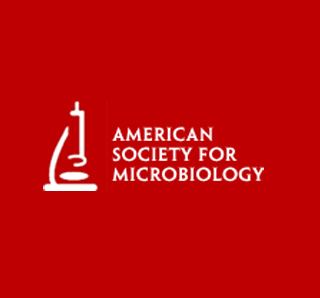
The gut microbiota seemingly improves the host’s metabolic capacity for processing nutrients and drugs. It may also modulate the activities of multiple pathways in a variety of organ systems. During the investigation, germ-free mice were exposed to bedding that had previously been used by conventional mice with normal microbiota. Their metabolic profiles were then scrutinized for a period of 20 days to highlight the probable alterations taking place as the germ-free mice became colonized with gut bacteria.
“Here we describe the first evidence of an in vivo association between a family of bacteria and hepatic lipid metabolism. These results provide new insights into the fundamental mechanisms that regulate host-gut microbiota interactions and are of wide interest to microbiological, nutrition, metabolic, systems biology and pharmaceutical research communities,†remarked Sandrine Claus of the Imperial College of London, an investigator on the research.
In the first 5 days after exposure, the mice possibly displayed a rapid elevation in weight. Also colonization resulted in several processes within the liver during which sugars (glucose) are converted to starch (glycogen). This conversion probably takes place for short-term and long-term energy storage. On the basis of statistical modeling between liver metabolic functions and microbial populations, it was asserted that the levels of glucose, glycogen and triglycerides in the liver were significantly related to a single family of bacteria called Coriobacteriaceae.
It was concluded that gut colonization may strongly stimulate the expression and activity of the cytochrome P450 3A11, which is an important enzyme in drug-detoxification pathways. The research can allegedly help in designing novel strategies for modulating host metabolism by altering microbial communities within the gut.
The research is published in the online journal mBio.
